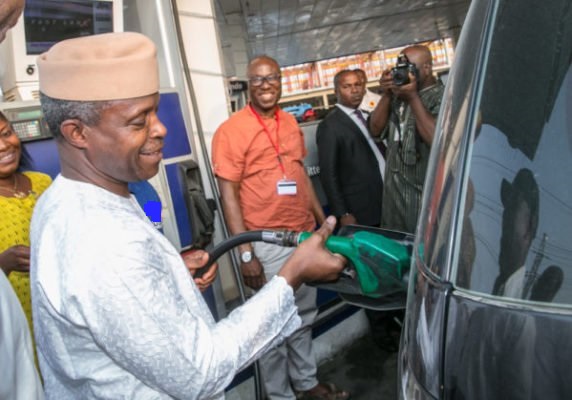OPEC members will seek to give oil prices a boost in Vienna on Wednesday by nailing down their first output cut in eight years, although a deal is far from certain.
Failure to get an accord could send oil prices tumbling and reignite debate about the purpose of the 56-year-old Organization of the Petroleum Exporting Countries.
Not getting a deal “could be the end of OPEC”, energy analyst Alexandre Andlauer told AFP. Pessimism about prospects for an agreement sent oil prices lower on Friday.
It would be recalled that in September the cartel agreed in principle to lower production to 32.5-33.0 million barrels per day (bpd), meaning a cut of between 600,000 and 1.1 million bpd.
This, OPEC’s 14 members hope, will reduce the mammoth global supply glut and so increase the market price of oil from its current painful level of below $50 a barrel.
It also marks a reversal of OPEC kingpin Saudi Arabia’s two-year-old strategy of flooding the market to squeeze out rivals, in particular US shale oil producers.
Saudi Energy Minister Khalid al-Falih, who was due in Vienna for the talks with other OPEC ministers, said this month an agreement was “imperative”.
But it remains to be agreed what size cuts, if any, each of OPEC’s members will make, particularly Iraq and Iran, the cartel’s next-biggest producers after Riyadh.
Strife-torn Libya on Sunday ruled itself out of any cuts, arguing that it was in “such a dangerous economic situation” that there was no way it could take part.
Iraq has said it will cut output but that it is short of money needed to fight Islamic State extremists. It also disputes with OPEC the level of its current output.
Iran, newly free of export restrictions since last year’s nuclear deal, says it won’t cut production until it has reached pre-sanctions levels.
Adding to the difficulties is the fierce rivalry between Shia Iran and Sunni Saudi Arabia, engaged in a proxy war in Yemen and backing different sides in Syria.
As the meeting has approached, OPEC members turned their sights on non-cartel producers, particularly Russia, for a pledge they would also tighten the taps.
Securing a commitment from non-OPEC nations is important because the cartel only produces about a third of the world’s oil, meaning its ability to influence prices is limited.
Algeria’s oil minister said in Iran this weekend that OPEC is prepared to cut production by 1.1 million bpd if non-members reduce by 600,000 bpd, local media reported.
President Vladimir Putin said last week Russia was ready to “freeze production”, but stopped short of promising a cut.









